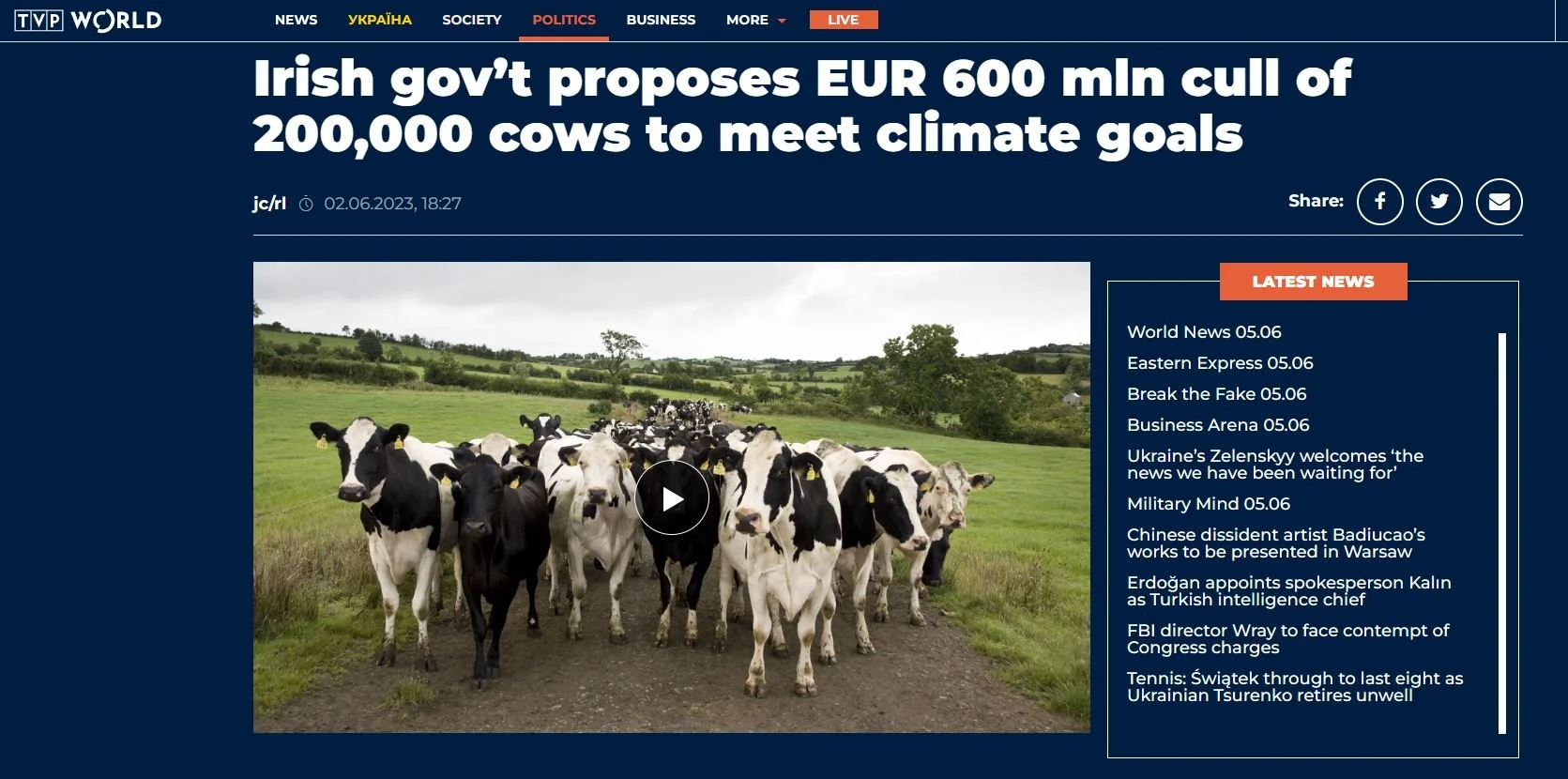Holistic vs Reductionist
A news report from Ireland today states that Ireland is proposing to eliminate 200,000 head of cattle to meet climate goals!
And I find it ludicrous! This action isn’t going to solve the LONG TERM climate change concern! It’s a quick fix negatively affecting the dairy farmers (Ireland has a large number of dairies)- they’ll get paid for the cattle, but it means milk production will decrease and thereby their income will decrease.
This is a perfect example of reductionist thinking! It happens in the medical field, and it happens when government implements policy. Trying to make it simple by defining it down to the smallest component, they miss the forest for the trees!
Nature is complex. Humans are complex. We cannot break it down things them into parts because all of it is connected within a whole. These wholes are then influenced by larger wholes, and influence smaller wholes. This is the definition of holism.
Sarah Savory, daughter of Allan Savory who designed the Holistic Management Framework®, wrote, “decisions like this one are unavoidable and will continue to happen as long as governments are developing policies in the incomplete context of addressing only part of what are inseparably complex social, economic and environmental problems.”
With reductionist thinking permeated throughout government entities, there will be no regard to the inevitable and devastating long-term social, economic and environmental consequences of this (or any other) policy decision.
This action in response to Ireland’s climate change policy doesn’t address:
the reduction in dairy cattle on grass which reduces the volume of carbon dioxide being moved from the atmosphere into the soil, which positively impacts one of the root causes of climate change
the dairy farmers reduced milk production will negatively impact local economics with higher milk prices, as well as stressing the dairy farmers with a reduced income which might force them out of business. (It’s a socio-economic mess!)
It’s a band aid action that will have negative consequences socially, economically and environmentally!
(And this could be mitigated if policy makers understood what they were creating policy for better!)
Policies, together with management, should be holistic- considering social, economic and environmental factors. We live in a complex world. To address this complex work, we should implement policies and management that are holistic!
